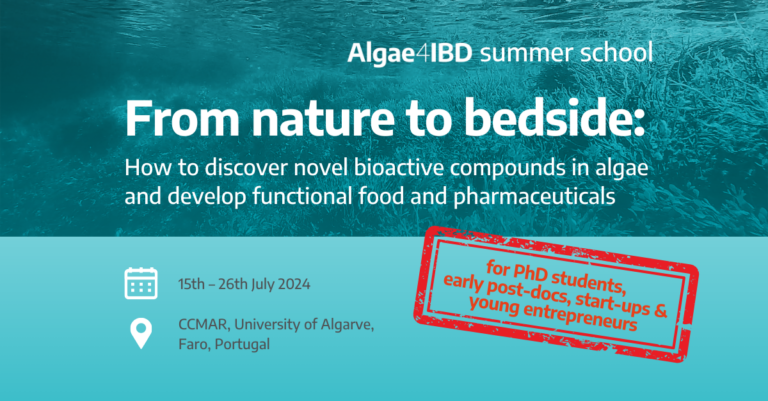
Summer school
From nature to bedside: How to discover novel bioactive compounds in algae and develop functional food and pharmaceuticals – an interdisciplinary summer school This interdisciplinary summer school about discovering bioactive

From nature to bedside: How to discover novel bioactive compounds in algae and develop functional food and pharmaceuticals – an interdisciplinary summer school This interdisciplinary summer school about discovering bioactive
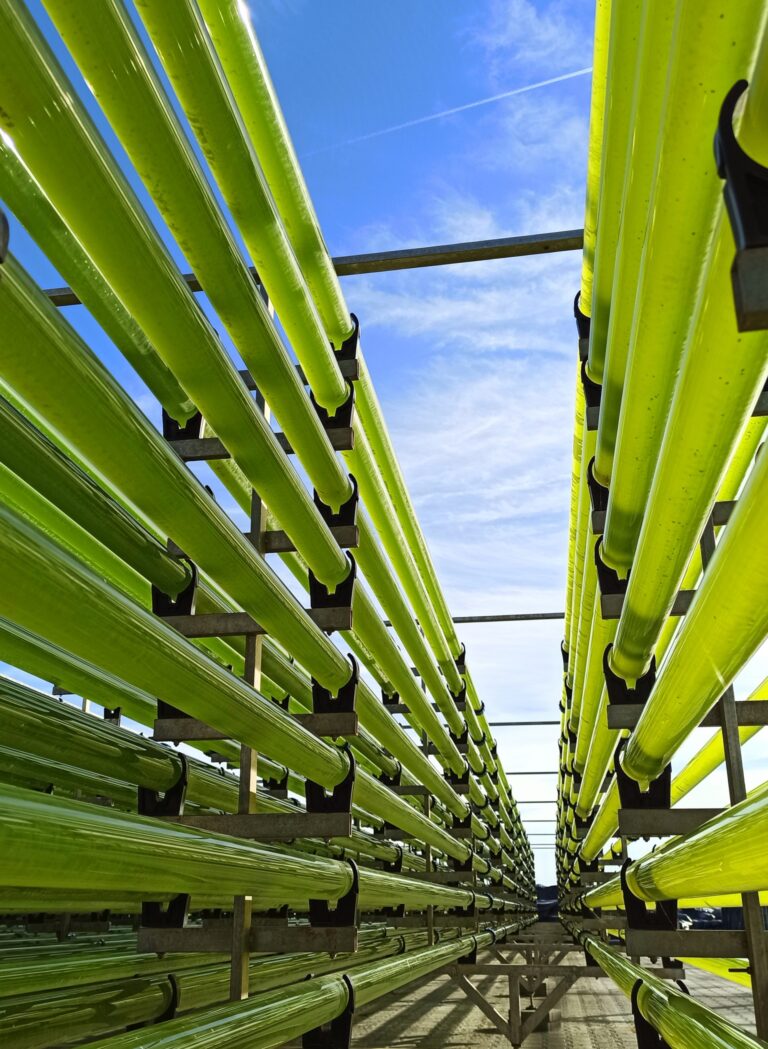
Microalgae can be an alternative sustainable source of protein and functional food ingredients that have the potential to improve gut and liver health
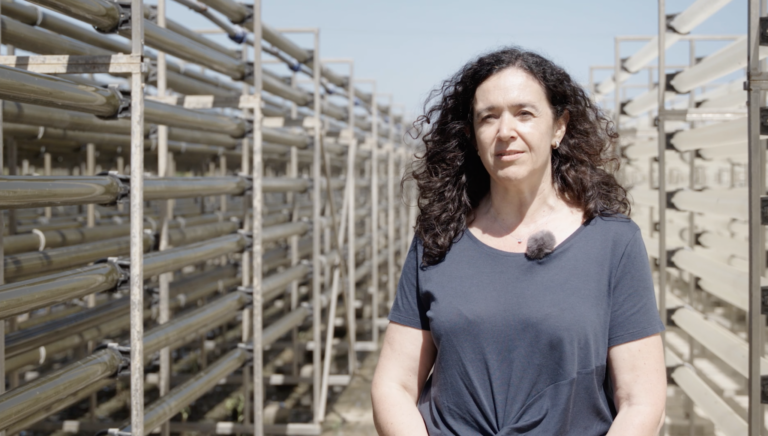
Inflammatory bowel disease (IBD) is a chronic inflammation in the digestive tract. Currently no effective treatment exists, something that the researchers of the EU-funded Algae4IBD project want to change with the help of microalgae
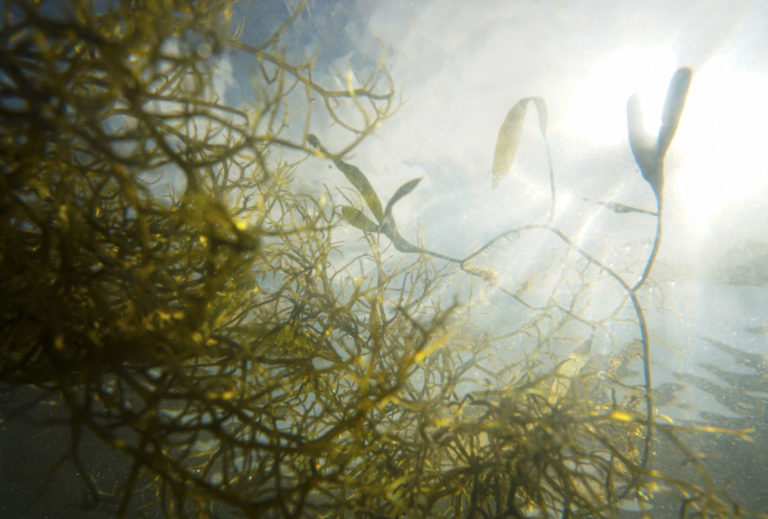
The Algae4IBD project is studying the potential of probiotics and algae-derived prebiotics as a treatment for inflammatory bowel disease Inflammatory bowel disease (IBD) is a term used to describe a

The Algae4IBD project is studying the potential of probiotics and algae-derived prebiotics as a treatment for inflammatory bowel disease.

This underused resource could offer new solutions for the treatment of pain, inflammation, and inflammatory bowel disease (IBD).
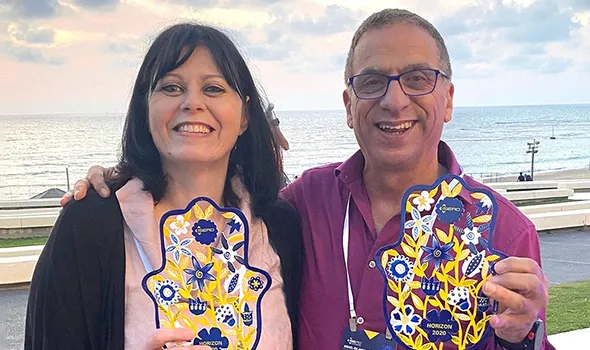
Dr. Avni is Hamsa honoree Our coordinoator Dr. Dorit Avni from MIGAL is Hamsa honoree. She was awarded the price as a toke of appreciation for winning an EU grant

Nature contains many compounds that can improve our health and that of our planet Plants, bacteria, and algae produce a rich repertoire of natural compounds. Many of these molecules can
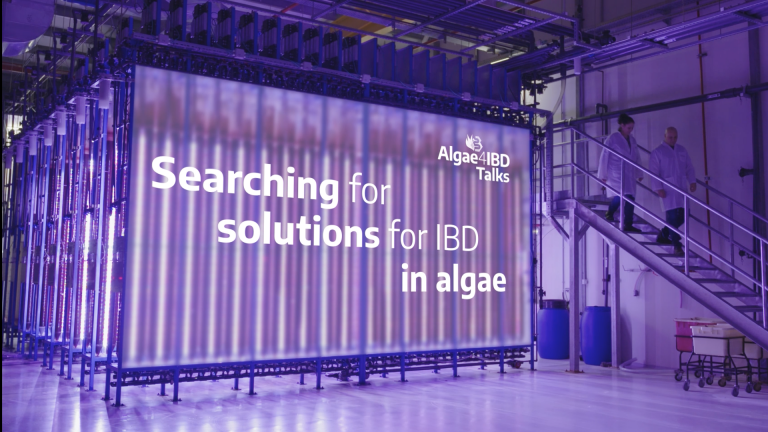
A chronic and life-impairing condition, Inflammatory bowel disease (IBD) affects more than 6.8 million people worldwide. IBD exists in different forms, most common being Crohn’s disease and ulcerative colitis. Differences
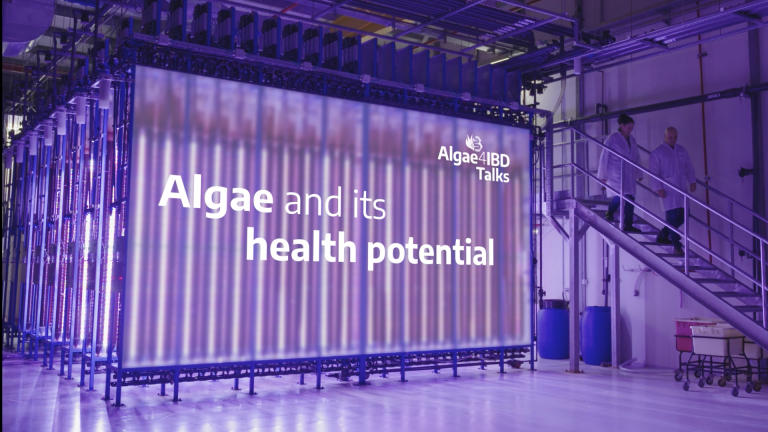
Did you know that we only know ten percent of all the species which float in our oceans? There is an infinity of marine creatures we have yet to discover
![]() This project has received funding from the European Union‘s Horizon 2020 Research and Innovation programme under grant agreement N° 101000501
This project has received funding from the European Union‘s Horizon 2020 Research and Innovation programme under grant agreement N° 101000501
